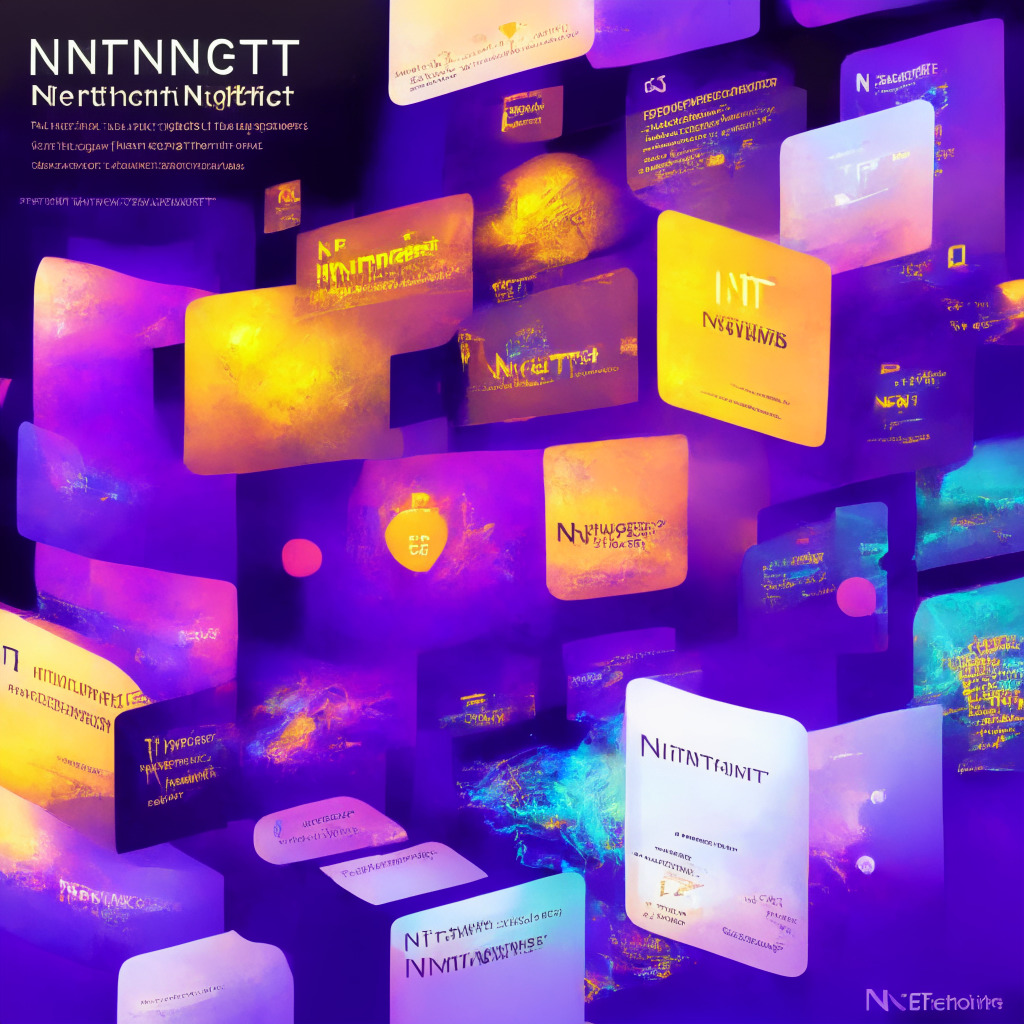The global financial powerhouse, HSBC, located in London, is reportedly entering into a partnership with the crypto custody technology firm Fireblocks, according to anonymous sources familiar with the matter. Fireblocks is recognized for its expertise in providing cryptocurrency safekeeping technologies, including the multi-party computation (MPC). The firm already has impressive credentials in this area, as evidenced by its previous collaborations with big banking names such as BNY Mellon and BNP Paribas.
Despite this promising development, several factors might temper the enthusiasm of big banks about dabbling in the crypto world. One of the most significant of these factors is the regulatory ambiguity surrounding digital assets. A vivid example is the ongoing tussle between crypto companies and regulators in the U.S. This unclear state of affairs may inadvertently hand over a competitive advantage to financial entities based or operating in parts of Europe and Asia.
HSBC showcases a progressive approach to crypto despite the uncertainties. Customers using the bank’s Hong Kong services can trade in digital currencies such as Bitcoin and Ethereum through exchange-traded funds or ETFs. Handling approximately $3 trillion worth of assets, the Hong Kong branch of HSBC comes across as open yet cautious towards emerging crypto trends.
HSBC’s guarded approach towards cryptocurrency also extends to other branches. For example, Hang Seng Bank, a HSBC subsidiary based in Hong Kong, has declared that although licensed crypto companies can open a bank account, they would have access to just a ‘simple’ one, limiting complex transactions.
In conclusion, while collaborations with technology firms such as Fireblocks could signal a positive direction towards mainstream acceptance of digital assets, the overlapping waves of regulatory uncertainties and inconsistency in policies across different branches betray a sense of apprehension in traditional banking circles about embracing blockchain fully. It feels like two forces with different priorities, the spirit of innovation encouraged by crypto technologies and the banks’ tendencies for monetary controls, are in a situation of inertia, trying to find a common ground.
Source: Coindesk




